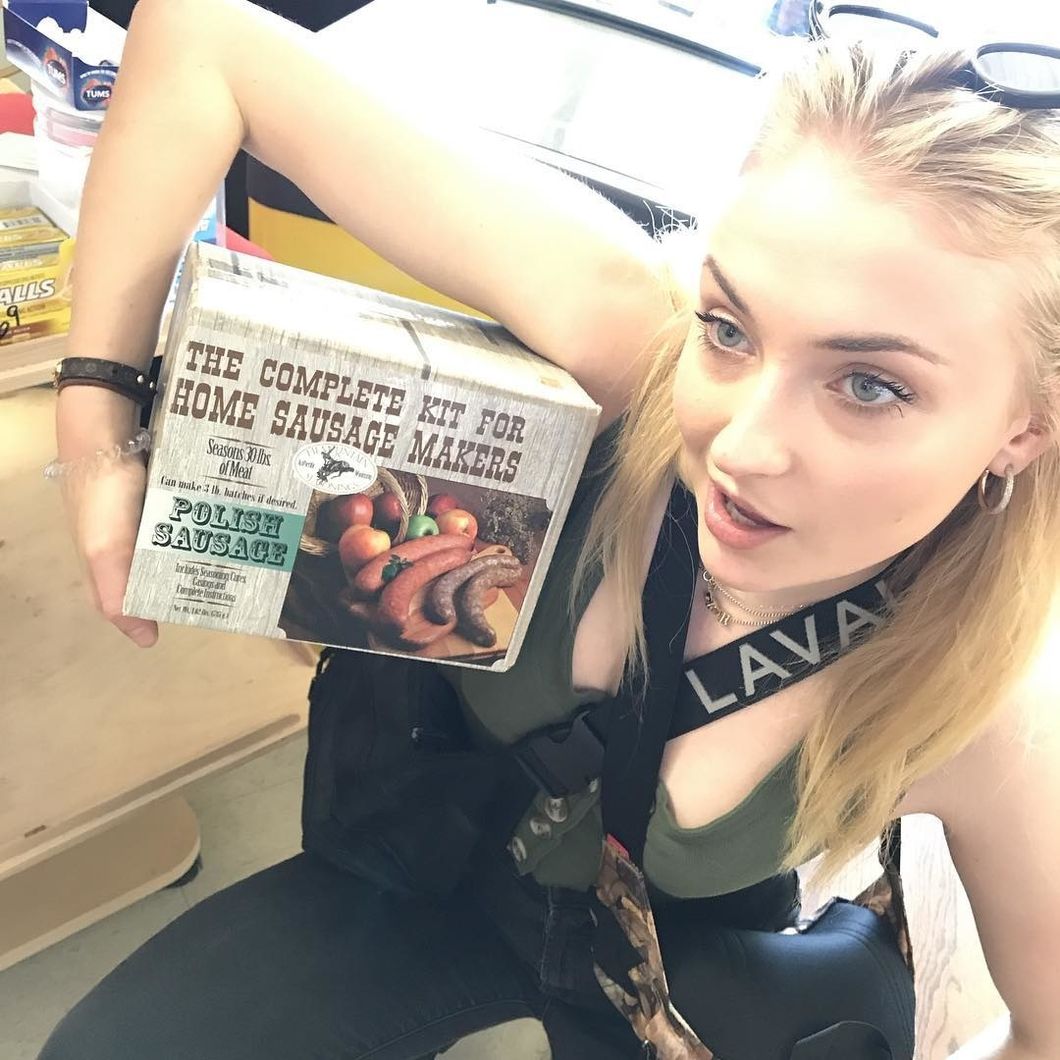You've most likely heard of it. An online diary disguised as an Instagram account. Something once private and bound with a spine has become public (if you're accepted) and organized into stories and posts. It's a place to keep up with the lives of those you care about, or sometimes just casually know, on a level of depth typically experienced between the best of friends. The "fake Instagram," or finstagram.
But is something like this new? I mean, haven't we all posted emotional breakup lyrics on Facebook? Don't we subtweet when someone ruins our day? Whether detailed or not, we've always used social media as a way to express our emotions and process the ups and downs of life. finsta accounts, however, are different. There's something about them that feels more personal. They require much more vulnerability. I don't know about you, but I've never posted a photo of myself with mascara streaks on my Facebook timeline. A finsta is separate from a person's main account, and it's almost always private. A follower must request access, and not everyone is accepted.
The trend brings up many questions regarding how we view social relationships online. Sometimes it's easier to text someone about tough issues instead of talking in person. This may happen for the same reason that we're so comfortable exposing the worst moments of our lives in a post on our Finsta. Venting has never been more convenient, and typing out our problems takes much less emotional energy than a phone call to a friend, an amount of energy we often don't have during those moments. It feels almost cathartic to write it all out, process it, embrace it as a part of our online presence and be OK with that.
On my worst days, scrolling through my Finsta feed reminds me I'm not alone. People speak openly about their anxiety or being rejected from colleges. Some even process their trauma as they share emotional captions. They post their art, poetry, paintings, and makeup to a non-judgmental audience of trusted followers. In turn, this has created a greater awareness of mental health and acceptance for emotional vulnerability among our peers.
Seeing my friends post about their days, sometimes wonderful and other times horrible, I feel a sense of closeness that no other social media has replicated so far. It feels like those sleepovers in middle school where everybody shares their secrets: supportive, freeing, and kinda fun.
Seeing our digital lives evolve towards such an open and non-judgmental norm is encouraging. It makes me feel hopeful that social media will ultimately be a positive addition to the modern world.
















